India: What Can it Teach us
Synopsis
India-What Can It Teach Us? is a series of lectures delivered by F. Max Muller in 1882 at Cambridge, intended for the candidates for the Indian Civil Service. He projected his idea of India and of Hindu religion in its most ancient form based on a study of Sanskrit literatures, to the religious life of the Hindus of his time. He expounded his views on different occasions but expressed them most succinctly in these lectures. Max Muller vehemently denounced the habitual denigration of the Indian character by those Englishmen who lived in India or had first-hand experience of the country. He thus, set himself not only to defend Indians but also to show in what way the Indian character and outlook could be a complement to those of the European. This is why he had chosen the title of his lecture: India-What Can It Teach Us? In his second and third lectures Max Muller grappled with prejudice that consisted in looking upon stay in India as a kind of moral exile and in regarding the Hindus as an inferior race. On the basis of facts and testimonies from Hindu scriptures foreign accounts and Colonel Sleeman's observations, he clearly showed the truthful character of the Hindus. Lecture four seeks to clear doubts on the basis of evidences in the original texts regarding the historical importance of Vedic literature. Max Muller refuted the supposed foreign influences on the language, religion and the ceremonial of the ancient Vedic literature of India. Lecture Five is concerned with the study of religion and mythology revealed in Vedic literature. Lecture Six discusses, in detail, the Vedic deities. Lecture Seven is devoted to answering questions as to how the Vedic literature could have been composed and preserved, if writing was unknown to India before 500 BC. While the hymns of the Rgveda are said to date from 1500 BC. Max Muller indicated how this religious growth contained at the same time the germs of Indian philosophy-Vedanta, the end, the goal, the highest object of the Veda. His object was to make the Civil Servant see and feel the general human interests that are involved in that ancient chapter of the history of the human race.
Read more
8.00
7.2
$
8.89 $
Free delivery Wolrdwidе in 10-18 days
Ships in 1-2 days from New Delhi
Membership for 1 Year $35.00
Get it now and save 10%
Get it now and save 10%
BECOME A MEMBER


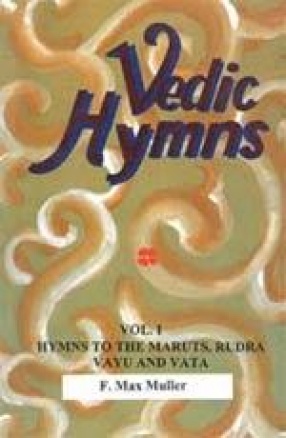
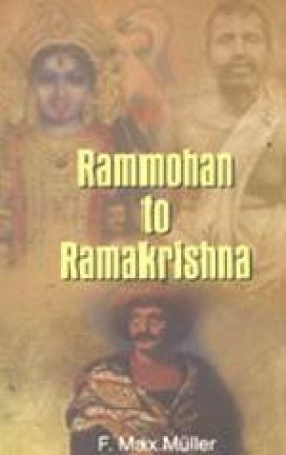
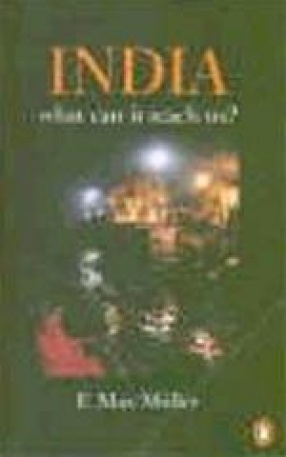
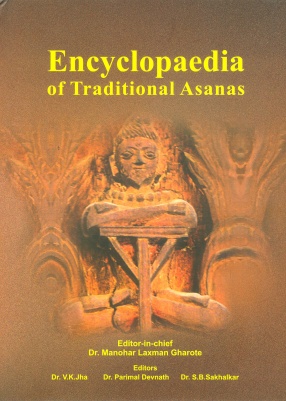
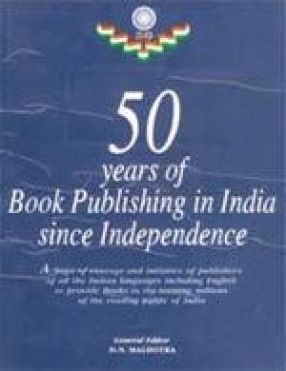
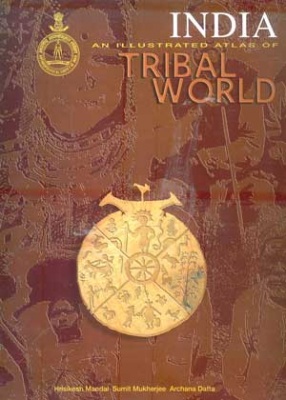
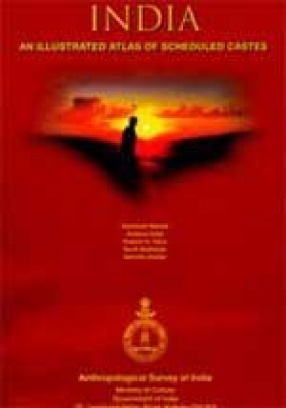

Bibliographic information